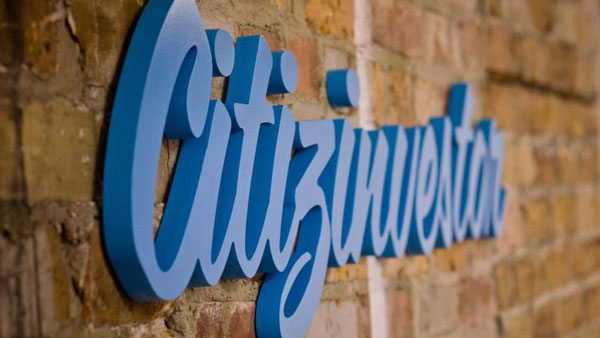
September 15, 2017; CityLab
NPQ has often written about the insertion of philanthropy into public systems. We have covered everything from individual gifts to support a local jail to the hijacking of entire school systems. Recently, we have been watching the role of philanthropy in a number of Michigan cities, including Kalamazoo and Grand Rapids.
Now, we see local governments turning to crowdsourcing to finance public services. Apparently, while residents may be resistant to city and state tax hikes, they can be persuaded to donate money to government if they can have a say over where it goes.
According to Virginia Pelley, writing for CityLab, “In 2015, 51 people donated more than $80,000 to the city of Fort Lauderdale, Florida, for a swanky dog park. The mayor of Central Falls, a city of one square mile in Rhode Island that declared bankruptcy in 2011, raised money for new trash bins in a local park in 2013. In May, St. Louis’ Treasurer Tishaura Jones reached just over half of her goal of $25,000 to remove a Confederate monument from Forest Park. (It was taken down in June.)”
As of 2012, there is a government-specific crowdfunding platform called Citizinvestor that provides a website template for fundraising projects, a system for collecting donations, and marketing and publicity for causes.
Elizabeth Gerber, an engineering professor at Northwestern University who has written about the impact of crowdsourcing on participation, calls crowdsourcing not just a “ridiculously simple” means for collecting money, but also a great tool for broadcasting need. In fact, while there are many successes, the campaigns “are more about visibility than cash”; they help raise awareness about an issue.
Sign up for our free newsletters
Subscribe to NPQ's newsletters to have our top stories delivered directly to your inbox.
By signing up, you agree to our privacy policy and terms of use, and to receive messages from NPQ and our partners.
Derwyn Bunton, chief public defender in New Orleans, decided to try crowdfunding to highlight the impact of public sector defunding of a key public service—public legal defense for defendants. The overfull caseloads and lack of money resulted in a decision to refuse the most serious cases, murder and rape, which required the most time.
“The campaign generated enormous media attention, including a segment on Last Week Tonight with John Oliver, which helped the office raise $100,000—or $85,000 more than its goal.” Burton said, “It captured the attention of stakeholders who released additional funding from the state, and the city council and mayor’s office also stepped in with additional resources.” (Sounds kind of circular to me, but…)
A study of more than 60,000 Kickstarter campaigns last year found that every dollar raised “translated to $2.46 of additional revenue,” meaning money raised outside of the campaign as a result of the campaign. But for every successful campaign, there are dozens that fail. Kelley writes, “Crowdfunding tends to be labor-intensive, and the average return on investment is low.”
Crowdfunding campaigns draw people who want to feel a sense of control over how their money is used, in contrast to taxes. Interestingly, in some cases, the crowdfunding donation can be a tax write-off. According to IRS publication 1771, “donations to government projects that are defined as ‘public purpose’…are allowable federal income-tax deductions.” In a way, this is the privatization of tax dollars. Residents can avoid paying a portion of their taxes by funding the government projects of their choice.
On the one hand, this can be seen as democratizing public engagement; residents can see how their money is spent and perhaps get a sense of what it supported—otherwise known as transparency, something governments should be doing a better job of anyway. On the other hand, as Ethan Mollick, associate professor of management and entrepreneurship at the University of Pennsylvania’s Wharton School said, “Government isn’t necessarily supposed to be about doing what the people with the most money want to see.” (This should be true in general, but that’s a bigger story.)
There are, of course, alternatives to freestanding crowdfunding efforts. Making budget processes more participatory has the benefit of supporting, rather than eschewing, the role of a fair democratic government.—Cyndi Suarez











